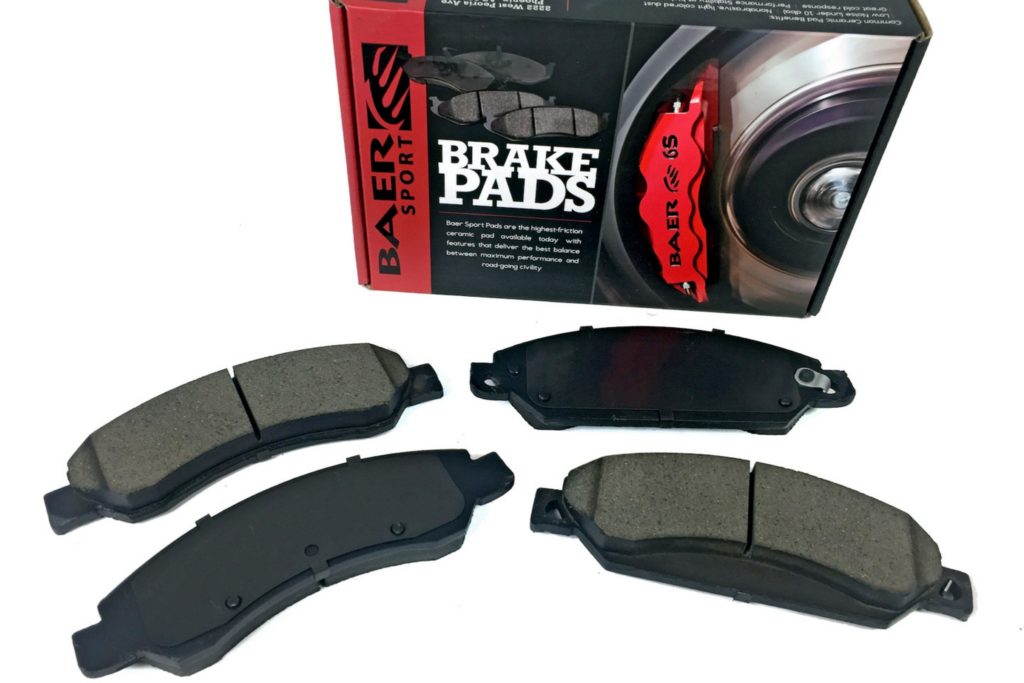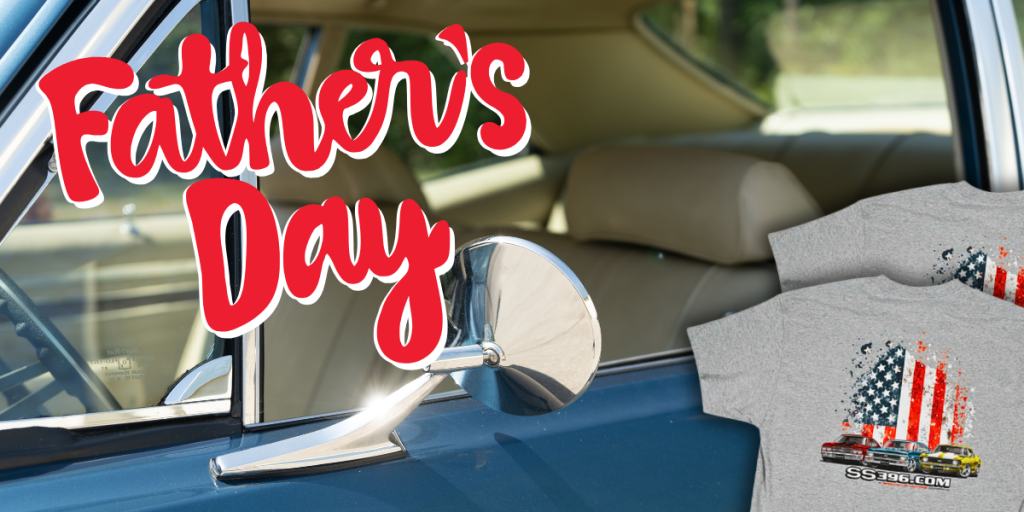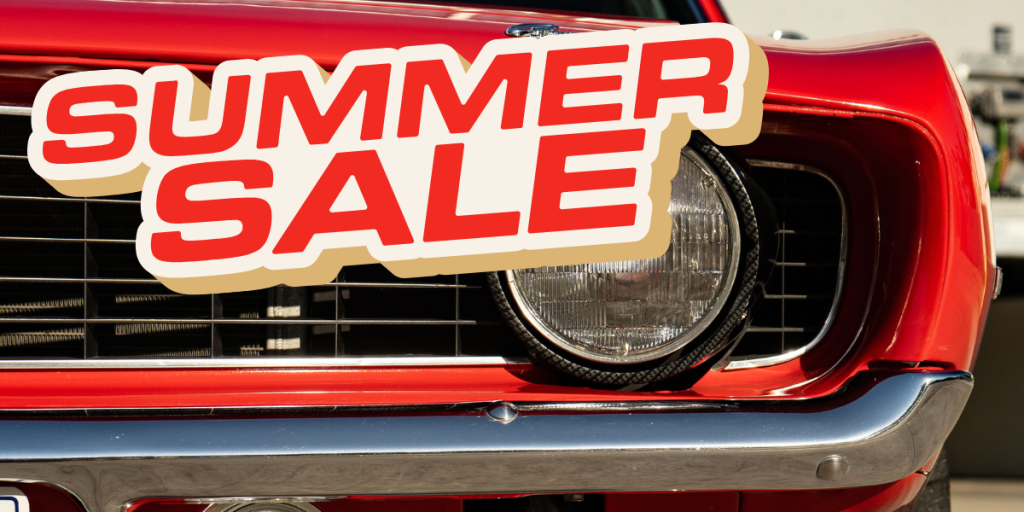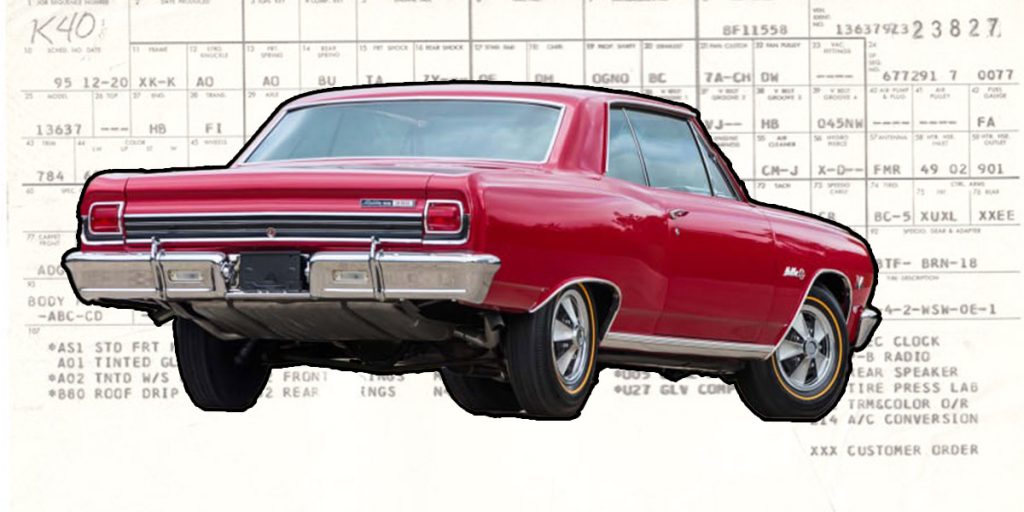Good, Better, Best: Which Brake Pad Do You Need?
Anytime you walk into your local auto parts store for a set of brake pads, you hear “Good, Better, Best.” The top pads are paraded as being ceramic, therefore they are better than their counterparts. Generally speaking, as long as the vehicle stops, the brakes don’t squeak and dust is minimal, brake pads are often a forgotten part of a car and braking system.
Professional drivers and high-performance experts understand and know the importance of proper brake pad selection. The brake pad selection can be the difference between winning a race or losing it. No matter what your application is, you should always be looking at what brake pads you have. Just because the “car doesn’t stop well” doesn’t mean the brakes you have are junk, it could just be a matter of the wrong brake pads. You don’t always need a new set of bigger brakes to stop better.
Did you know that an average brake pad has over 300 different compounds in it? If one of those is ceramic, then they can market it as a ceramic pad. But just because one of those compounds is ceramic, doesn’t automatically make it a better brake pad. With so many compounds, that means there are almost endless possibilities for different combinations, all based on driving style and intended use.
Driving style and intended usage play a massive part in the design of a brake pad. For example, a drag race pad is a pad that has to work when 100% cold. There’s no warming up the pads and rotors, they just have to work when cold and safely bring the car to a stop while being lightweight. But that same pad would work terribly on a road course where the pads will get heated up and won’t cool down completely before the next turn.
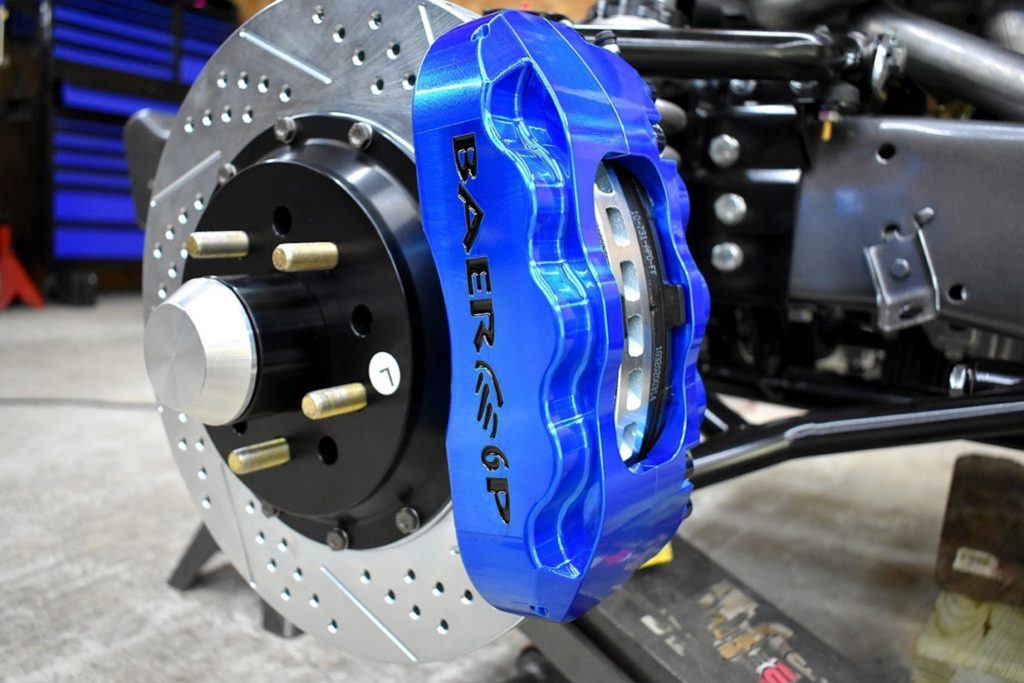
If your car is a daily driver, that pad setup is going to be much less abrasive than a set of race pads. As a daily driver, you’re going to want something that lasts a long time, has no noise, and has minimal dust. In a racing pad, you’re going to want maximum stopping power which means a much more abrasive pad that’s going to make noise when cold, not last as long, and most likely put off a good amount of dust.
The average consumer thinks if a pad is squeaking and producing lots of dust, then something is wrong. While on a daily driver that could be an indication of warped rotors or a hung caliper, in a racing setting this means a high performance pad. A racing pad is designed to work at a much higher temperature and therefore might make some noise when they are cold.
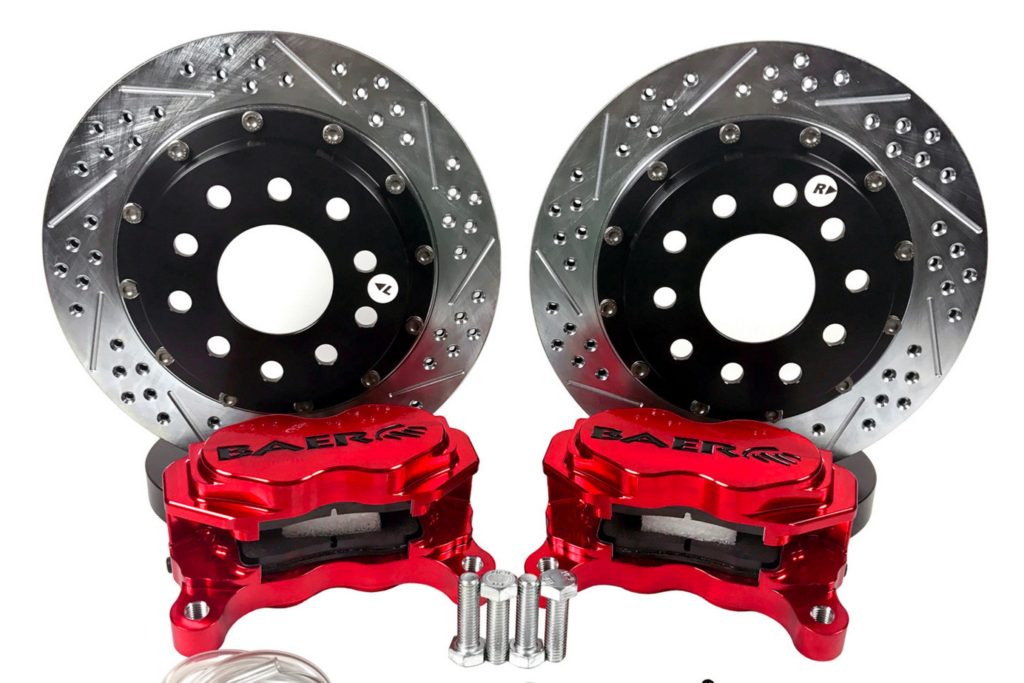
The types of pads really come down to user preference as well. One racer might like a really aggressive pad where they don’t have to step on the pedal as much, whereas the next guy with an identical car might like a less aggressive pad where they have to step on the pedal more. Neither setup is wrong, it’s just a preference in driving style.
Just like your shoes or shirt, it’s not a one-size-fits-all when it comes to brake pads in a performance setting. A daily driver will definitely have a more generic pad that’s set up for that type of driving. But when you start pushing your car harder, you’ll want to experiment with different pads to determine which one suits your driving style and intended usage.
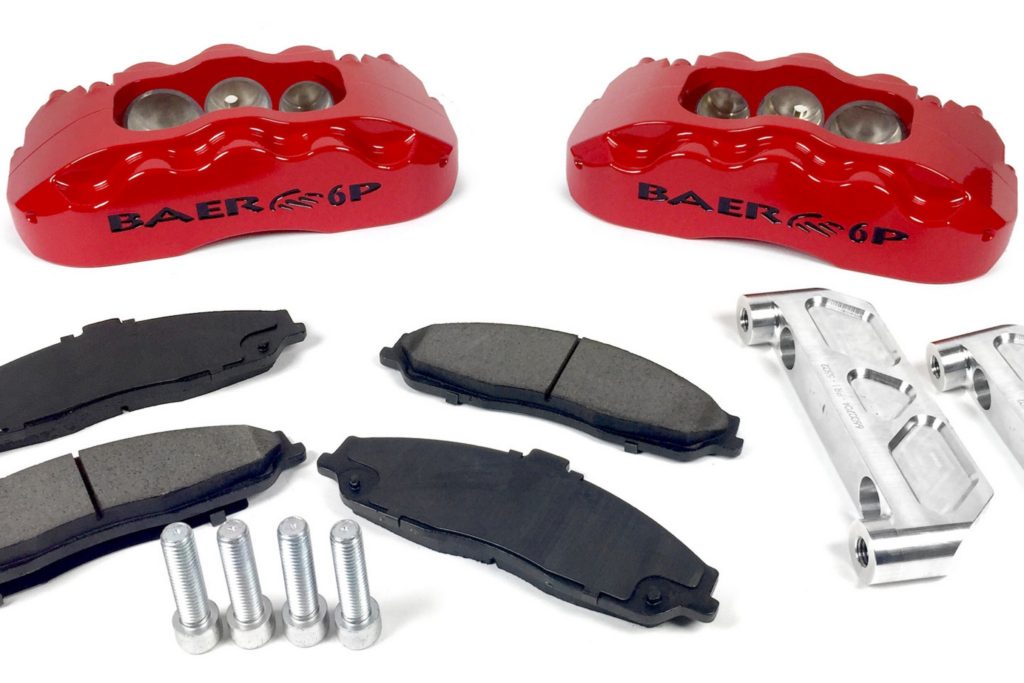
If you have any questions regarding brakes, conversion, pad selections or anything else please give our friendly techs a call at (203) 235-1200
Ground Up Will Soon Be Carrying a Wide Variety of Baer Brakes.


